Selecting the right industrial pump for chemical processing is a crucial decision that can directly impact plant safety, operational efficiency, and maintenance costs. In chemical environments, where fluids are often corrosive, toxic, abrasive, or volatile, the wrong pump choice may lead not only to system failure but also to environmental contamination or personal injury.
Consideration is the nature of the chemical being handled. Understanding the chemical composition, temperature, concentration, and physical properties of the fluid — such as viscosity, density, and volatility — helps determine the compatibility between the pump material and the substance being processed. For instance, highly corrosive chemicals like sulfuric acid, hydrochloric acid, or caustic soda demand pump components made from corrosion-resistant materials such as PTFE, PVDF, or high-grade stainless steel. If the chemical is abrasive or contains solid particles, the pump must be equipped with wear-resistant internals and proper seal configurations to reduce erosion and avoid premature component failure. Likewise, if the liquid is temperature-sensitive or tends to crystallize, the pump design must prevent heat buildup and allow for smooth flow to avoid blockages.
Once the chemical characteristics are clear, the next step is to determine which type of pump technology aligns best with the specific process requirements. Each pump type offers distinct advantages depending on the operating conditions. Centrifugal pumps are typically used for transferring large volumes of low-viscosity liquids and are common in general chemical transfer applications due to their efficiency and cost-effectiveness. However, they may not be ideal for high-viscosity or solids-laden fluids. In such cases, diaphragm pumps provide an excellent alternative, as they can handle corrosive, viscous, or abrasive chemicals with ease, while offering leak-free operation thanks to their seal-less design. For dosing or metering applications that require precision and flow consistency, peristaltic pumps are often used because they can handle sensitive fluids gently without causing shear. If zero leakage is a priority — for example, when pumping toxic or flammable chemicals — magnetically driven pumps are highly recommended, as they eliminate the need for shaft seals, thus minimizing the risk of leaks.
Safety and maintenance considerations are also integral to the pump selection process. In chemical plants, equipment reliability and worker safety go hand-in-hand. Pumps equipped with double mechanical seals, secondary containment systems, leak detectors, and overload protection features provide an added layer of security in handling dangerous substances. Beyond safety, the ease of maintenance should also be evaluated. Pumps that are designed for quick disassembly without specialized tools or that feature modular components can significantly reduce maintenance time and cost. Ensuring the availability of spare parts and technical support from the manufacturer or supplier is essential to avoid prolonged downtime in case of emergency repairs.


 English
English русский
русский عربى
عربى

.jpg)
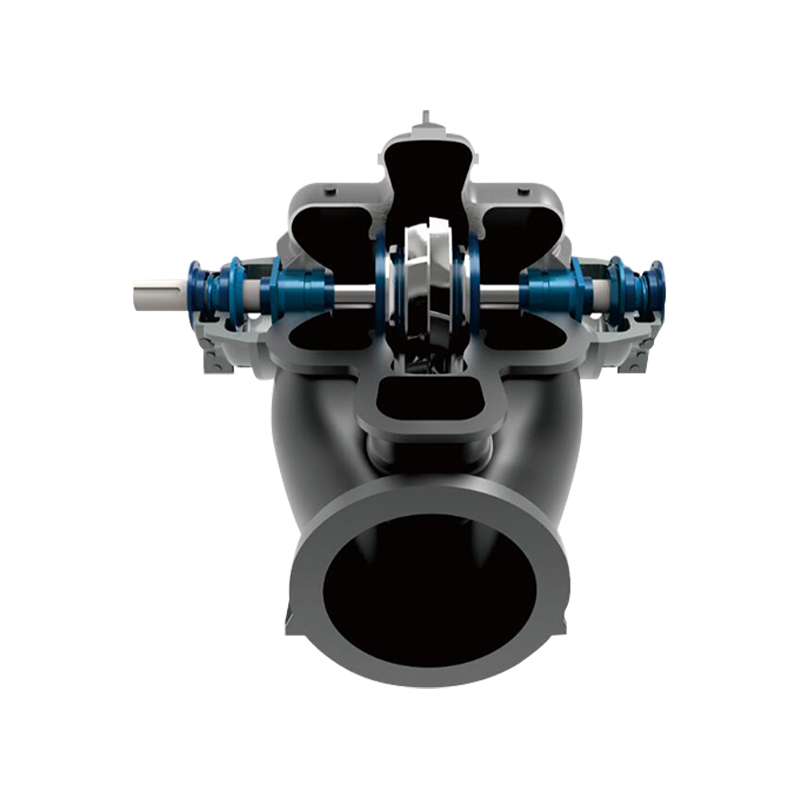
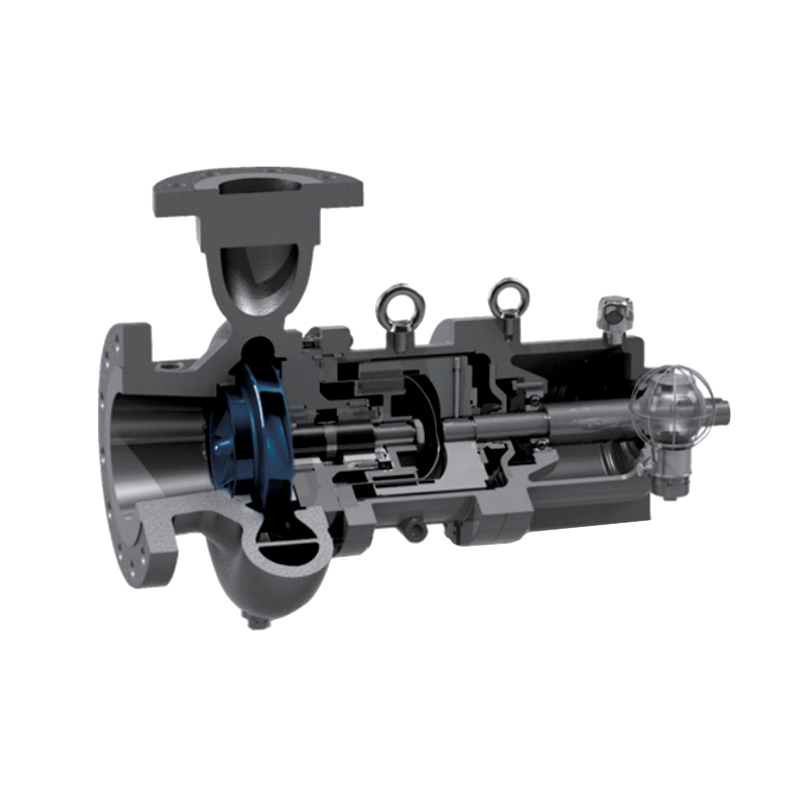
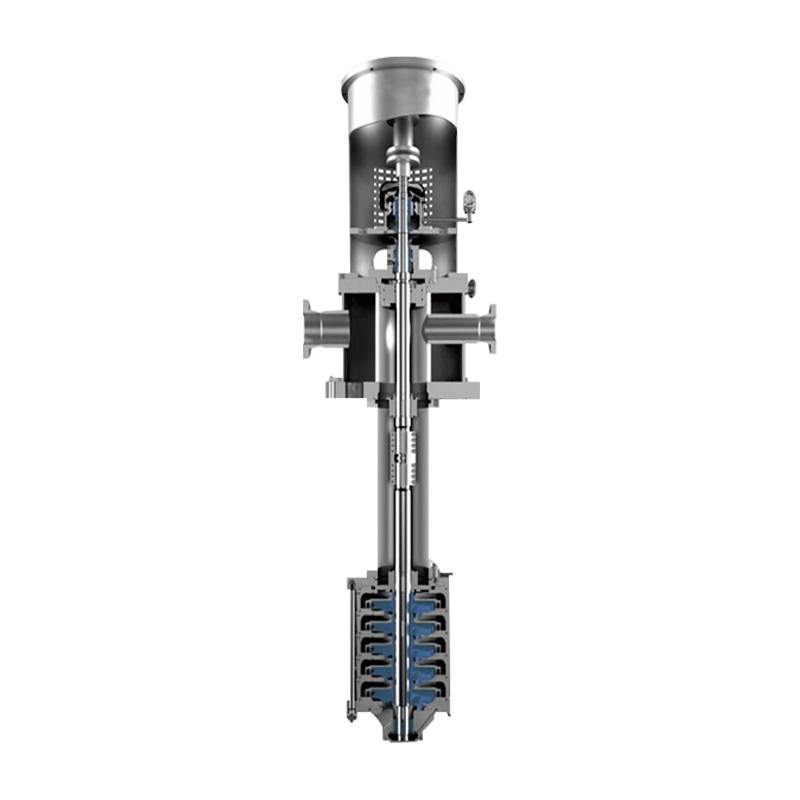
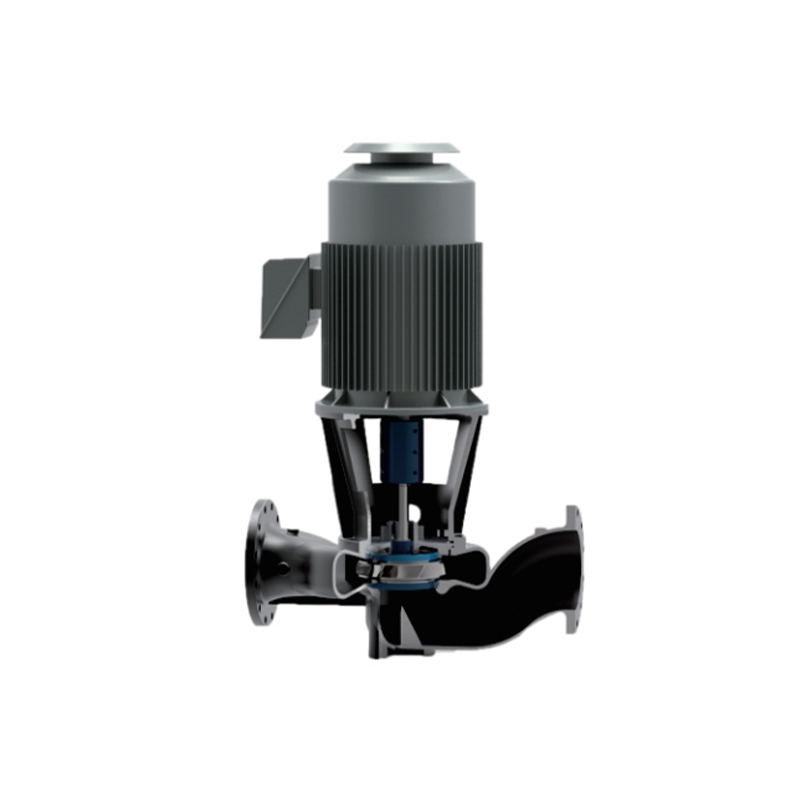

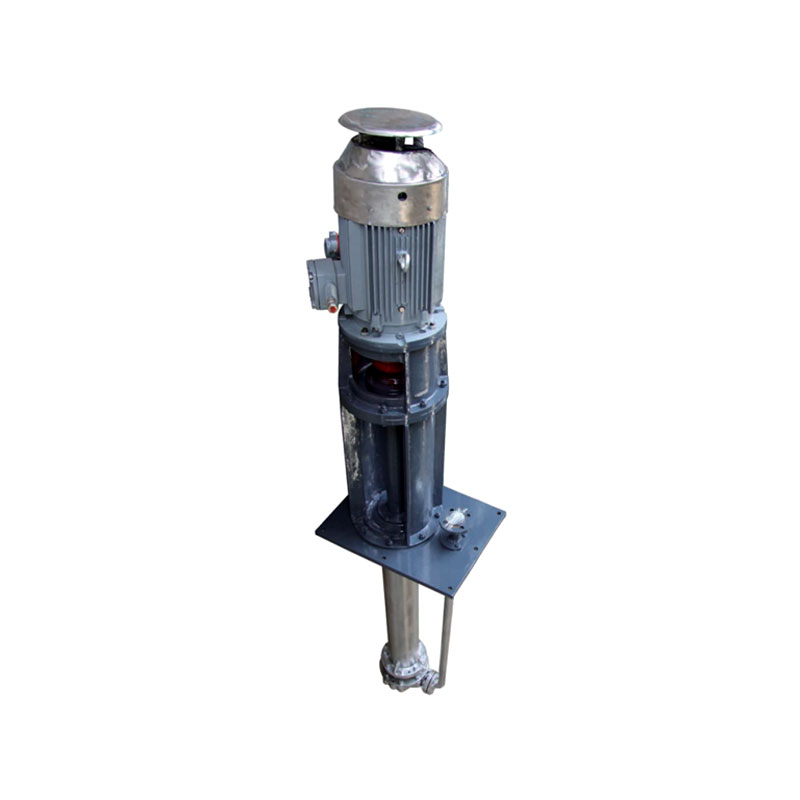
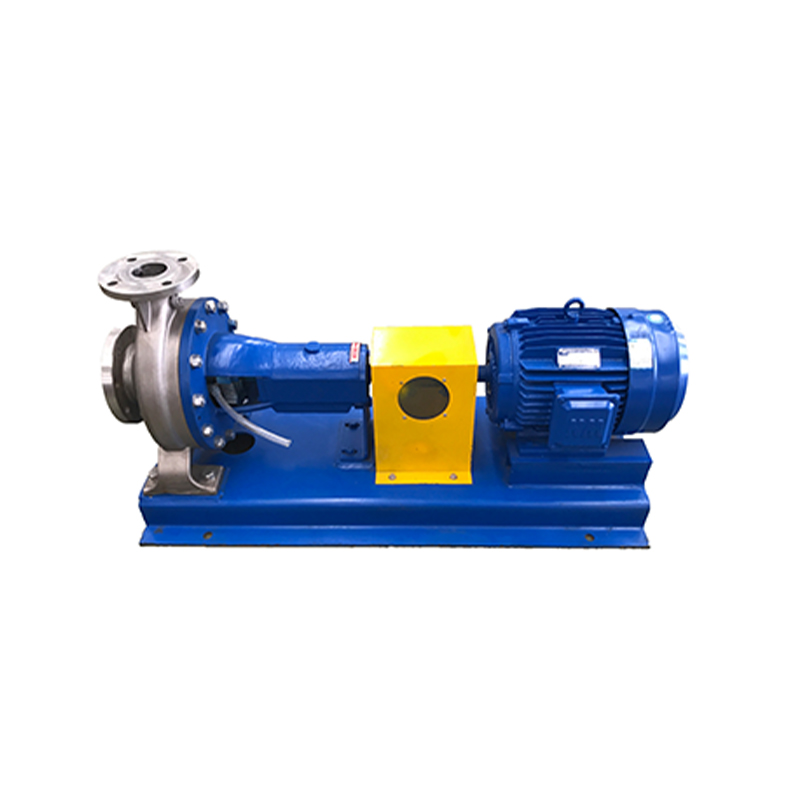

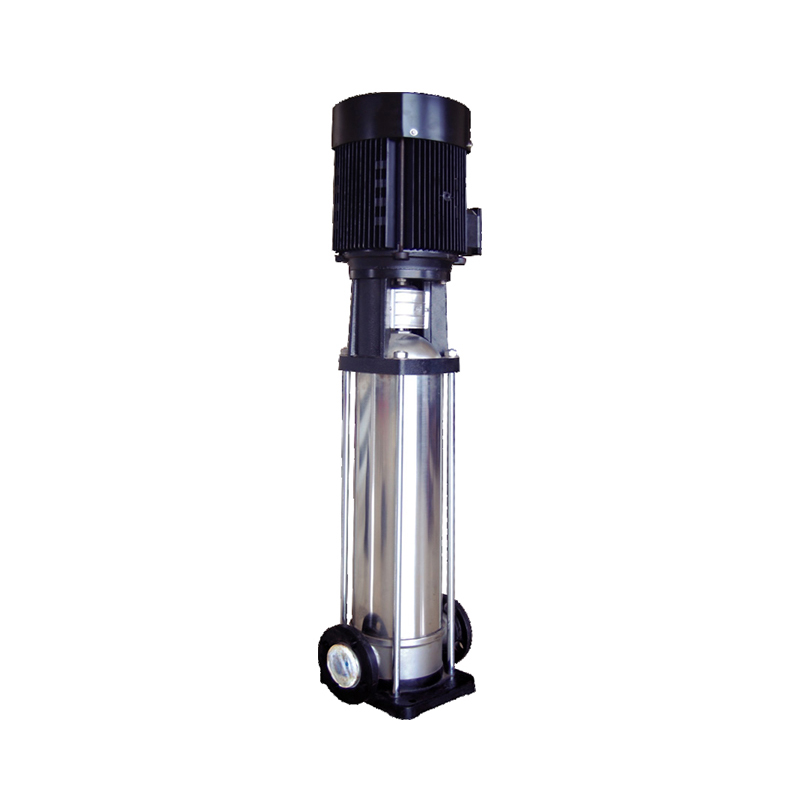






 ENG
ENG

 TOP
TOP